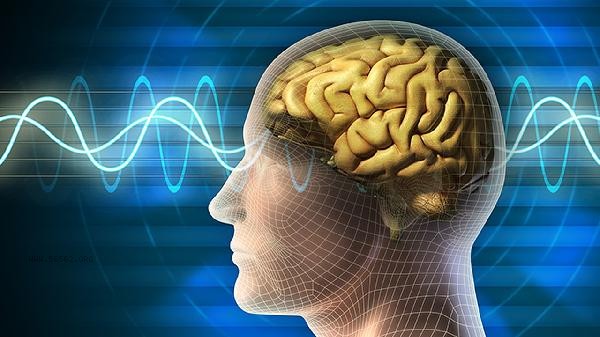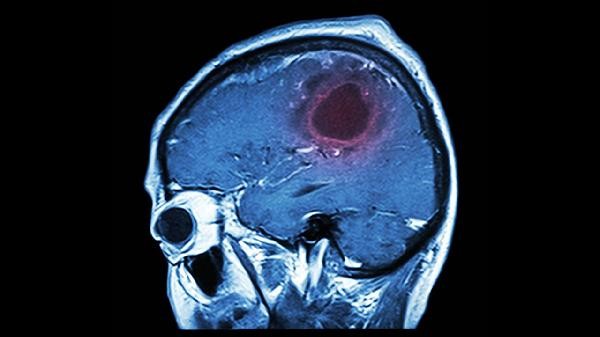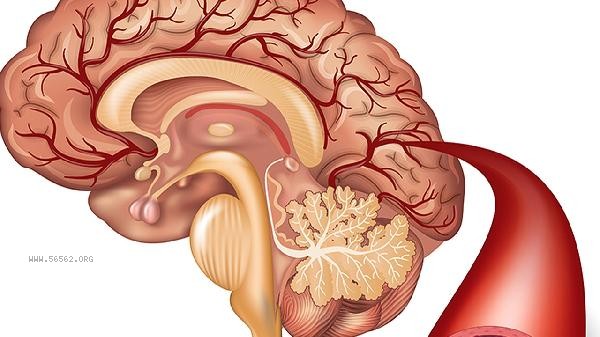Unclear brain may be caused by insufficient sleep, excessive stress, low blood sugar, anemia, insufficient cerebral blood supply, etc. It can be improved by adjusting daily routine, relaxing mood, supplementing nutrition, medication treatment, and other methods.

1. Lack of sleep
Long term staying up late or poor sleep quality can lead to the brain not being able to fully rest, affecting brain cell metabolism and neurotransmitter balance. Manifested as lack of concentration, slow response, and decreased memory. It is recommended to set a fixed sleep schedule, avoid using electronic devices before bedtime, and create a quiet and dark sleeping environment. Mild sleep disorders can be alleviated through non pharmacological methods such as soaking feet in hot water and listening to light music.
2. Excessive stress
Continuous mental stress can stimulate excessive secretion of cortisol and inhibit the function of the prefrontal cortex. Commonly seen in people with high-intensity work or emotional distress, accompanied by emotional symptoms such as anxiety and irritability. It can be regulated through relaxation training such as mindfulness meditation and abdominal breathing. Maintaining moderate aerobic exercise every week can help alleviate the accumulation of stress hormones.
3. Hypoglycemia
A decrease in blood sugar levels during hunger can affect the energy supply to brain cells, leading to symptoms such as dizziness, cold sweat, and delayed thinking. Improper use of hypoglycemic drugs is more likely to occur in patients with diabetes. It is recommended to eat regularly and carry quick acting carbohydrates such as cookies with you. During an attack, sugary foods can be consumed immediately. In severe cases, medical examination of pancreatic function is necessary.

4. Anemia
Hemoglobin deficiency leads to brain tissue hypoxia, commonly seen in heavy menstrual flow or cannibalism. In addition to a dull mind, there are also symptoms such as pale complexion and fatigue. Iron deficiency anemia can be supplemented with iron rich foods such as animal liver and spinach. If necessary, medication such as iron dextran and ferrous succinate should be taken, and vitamin C should be added to promote absorption.
5. Cerebral ischemia
Cervical spondylosis or arteriosclerosis may affect the blood flow of the vertebral basilar artery, leading to chronic cerebral ischemia. Middle aged and elderly patients may experience symptoms such as tinnitus and blurred vision. Diagnosis needs to be confirmed through carotid ultrasound and other examinations. Microcirculation improving drugs such as nifedipine and Ginkgo biloba extract can be taken. Patients with cervical spondylosis need to cooperate with traction therapy.

It is important to maintain a regular daily routine and a balanced diet, and to supplement foods rich in unsaturated fatty acids such as walnuts and deep-sea fish in moderation. During work breaks, neck exercises can be performed to promote blood circulation. If symptoms persist for more than two weeks or are accompanied by severe headaches, vomiting, etc., timely head CT and other examinations should be performed to rule out organic diseases. Individuals with psychological factors can try intervention methods such as psychological counseling or sand table therapy.








Comments (0)
Leave a Comment
No comments yet
Be the first to share your thoughts!